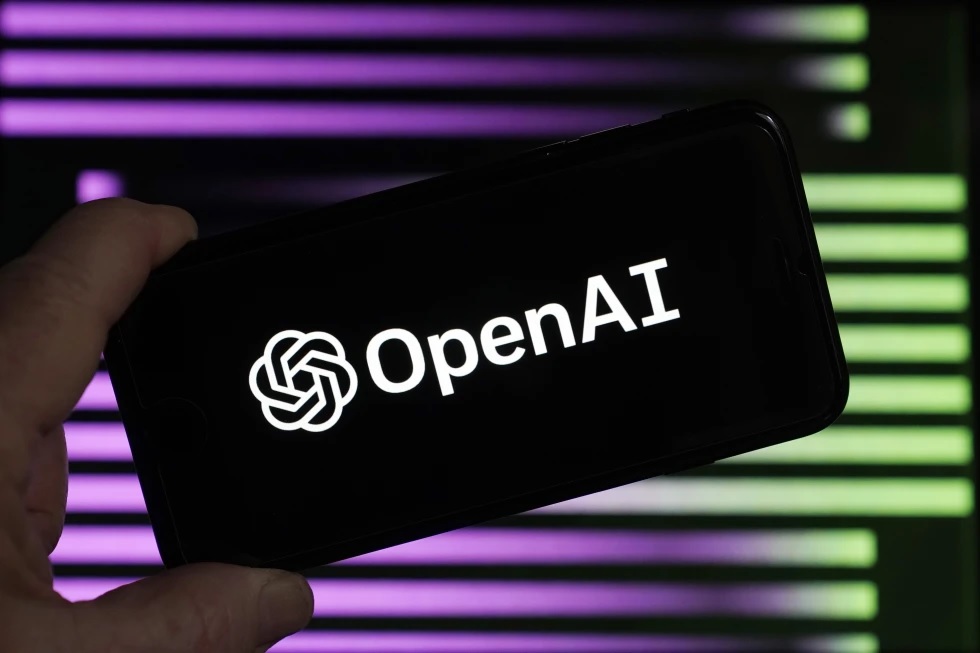The ordinance was passed in October in the southern Brazilian city of Porto Alegre. City councilor Ramiro Rosário revealed this week that it was written by a chatbot, sparking an outcry and raising questions about the role of artificial intelligence in public policy.

Photo: AP
Rosário said he asked OpenAI’s ChatGPT chatbot to come up with a bill that would eliminate the fee for replacing stolen water meters. He then presented it to his 35 council colleagues without making any changes or even informing them of the source of the text.
“If I had disclosed it in advance, this proposal would certainly not have been put to a vote,” Rosário said Thursday. The 36-member council unanimously approved the decree, which takes effect on November 23. “It would be unfair to the people to risk not approving the project just because it was written by artificial intelligence,” he added.
The emergence of ChatGPT on the market just a year ago has sparked a global debate about the impact of AI chatbots. While some see it as a promising tool, it has also raised concerns and worries about unintended effects.
Porto Alegre, with a population of 1.3 million, is the second-largest city in southern Brazil. The city council president, Hamilton Sossmeier, discovered that Rosário had enlisted ChatGPT to write the proposal when the councilman boasted about the achievement on social media on Wednesday. Sossmeier initially told local media that he thought it set a “dangerous precedent.”
The large AI language models that power chatbots like ChatGPT work by constantly trying to guess the next word in a sentence and tend to produce false information, a phenomenon sometimes referred to as “information illusion.”
According to recently published research by tech company Vectara, all chatbots sometimes misrepresent information when summarizing a document, ranging from around 3% to 27% incorrect depending on how advanced the AI model is.
In an article posted on the website of Harvard Law School’s Center for the Legal Profession earlier this year, Andrew Perlman, dean of Suffolk University Law School, wrote that ChatGPT “could lead to a change even more significant than the advent of the internet,” but also warned of its potential downsides.
“It cannot always explain the nuances and complexities of the law. Because ChatGPT is a machine learning system, it may not have the same level of understanding and judgment as a human lawyer when it comes to explaining legal principles and precedents. This can lead to problems in situations where deeper legal analysis is needed,” Perlman wrote.
Rosário of Porto Alegre isn’t the first lawmaker in the world to test ChatGPT’s capabilities in the legislative arena. In Massachusetts, Senator Barry Finegold tapped ChatGPT to help write a bill to regulate artificial intelligence models, including ChatGPT. Filed earlier this year, it has yet to pass.
“I am convinced that… humanity will experience a new technological revolution,” Rosário said. “All the tools that our civilization has developed can be used for good and bad. That is why we have to show how it can be used for good.”
Hoang Hai (according to AP)
Source























![[Photo] National Assembly Chairman attends the seminar "Building and operating an international financial center and recommendations for Vietnam"](https://vphoto.vietnam.vn/thumb/1200x675/vietnam/resource/IMAGE/2025/7/28/76393436936e457db31ec84433289f72)













































































Comment (0)